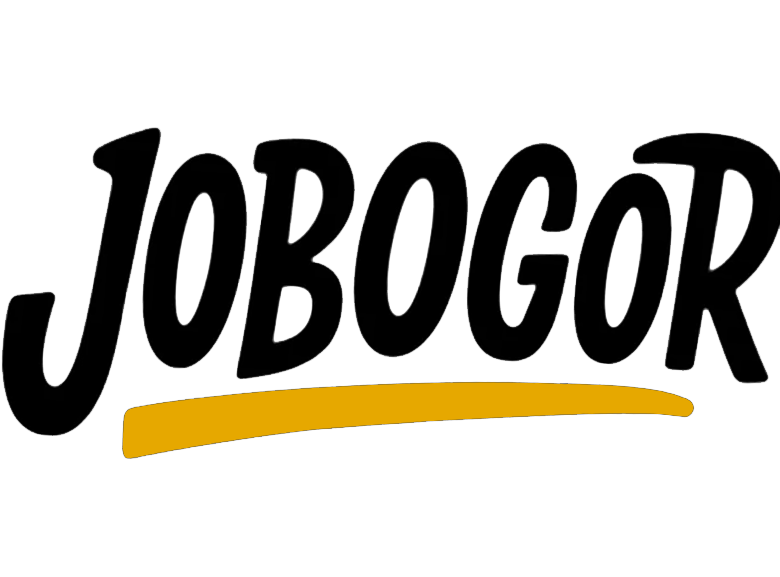Trust, data privacy, and transparency have become the most critical factors for businesses. Consumers are more aware than ever about how their personal data is collected, used, and sometimes even misused. Meanwhile, marketers are under pressure to deliver accurate, secure, and transparent campaigns. This is where Blockchain technology enters the scene — a revolutionary system known for its decentralized, tamper-proof, and transparent nature.
Originally designed for cryptocurrency, blockchain is now finding massive applications in industries like healthcare, supply chain, finance, and most importantly — digital marketing. It promises to eliminate fraud, increase transparency, secure data, and build trust between brands and consumers.
In this blog, we will explore how blockchain is changing the marketing industry, why it is considered a game-changer, and how businesses can implement it for better security and transparency.
What is Blockchain in Simple Terms?
Blockchain is a digital ledger system where data is stored across multiple computers in a network. Unlike centralized databases controlled by one authority, blockchain is decentralized, meaning no single entity has full control.
-
Every record (block) is linked to the previous one, forming a chain of data.
-
Transactions are verified by multiple parties, making them tamper-proof.
-
Once data is added, it cannot be changed, ensuring authenticity.
This transparency and immutability are exactly why blockchain is so powerful in marketing.
Why Marketing Needs Blockchain
Modern marketing relies heavily on data-driven campaigns. But the industry faces several challenges:
-
Ad Fraud – Fake clicks, bot traffic, and false impressions cost advertisers billions.
-
Data Privacy Concerns – Customers are hesitant to share personal data due to misuse.
-
Lack of Transparency – Brands often struggle to verify where their ads are shown.
-
Middlemen Dependency – Platforms like Google and Facebook dominate digital ads.
-
Trust Issues – Customers don’t always believe brand claims.
Blockchain addresses these problems by providing secure, transparent, and verifiable transactions.
Benefits of Blockchain in Marketing
1. Transparency in Advertising
With blockchain, every ad impression and click can be verified. Advertisers can see exactly where their money is spent, ensuring no hidden costs or fraud.
2. Fighting Ad Fraud
Fraudulent activities like fake clicks and bots are reduced because blockchain allows advertisers to verify users and publishers through decentralized records.
3. Data Privacy & Security
Consumers can choose to share their data securely. Unlike centralized databases, blockchain prevents data leaks and misuse.
4. Eliminating Middlemen
Brands can directly connect with customers without relying on advertising giants. This reduces costs and gives brands more control.
5. Loyalty Programs & Rewards
Blockchain enables token-based loyalty systems where customers get digital rewards they can actually use across multiple platforms.
6. Building Consumer Trust
Since data is tamper-proof, customers are more likely to trust a brand that uses blockchain-powered systems.
Real-World Examples of Blockchain in Marketing
-
Unilever: Uses blockchain to track ad spend and ensure money goes to genuine publishers.
-
Coca-Cola: Applied blockchain in supply chain transparency and marketing.
-
Lucidity: A blockchain platform helping marketers detect ad fraud.
-
BAT (Basic Attention Token): A blockchain-based digital advertising platform where users get rewarded for viewing ads.
Blockchain Use Cases in Marketing
-
Ad Verification – Ensure ads reach the right audience without fake traffic.
-
Consumer Data Ownership – Give customers control over who uses their data.
-
Smart Contracts – Automatically execute agreements between advertisers and publishers.
-
Authenticity Verification – Verify genuine reviews, influencers, and products.
-
Cross-Platform Loyalty Points – Create decentralized reward programs.
Challenges of Blockchain in Marketing
While the benefits are clear, there are still hurdles:
-
High Implementation Cost
-
Scalability Issues with massive data handling
-
Lack of Awareness among businesses
-
Regulatory Concerns in some countries
However, as blockchain technology becomes more mainstream, these barriers will slowly reduce.
Future of Blockchain in Marketing
In the next 5–10 years, blockchain is expected to:
-
Become a standard for ad transparency.
-
Revolutionize customer data privacy with decentralized solutions.
-
Replace traditional loyalty programs with tokenized systems.
-
Create a trust-based economy where consumers and brands have equal power.
Blockchain is not just a tech buzzword anymore — it’s shaping the future of digital marketing.
Summary Table: Blockchain in Marketing
| Factor | Role in Marketing | Blockchain Impact | Best Practice |
|---|---|---|---|
| Transparency | Ensures clarity in ad spend | Tamper-proof transactions | Use blockchain ad-verification platforms |
| Ad Fraud Prevention | Eliminates fake clicks & impressions | Tracks genuine user activity | Partner with blockchain ad networks |
| Data Privacy | Protects customer information | Decentralized secure storage | Allow customers to control their data |
| Smart Contracts | Automates agreements & payments | Reduces dependency on middlemen | Adopt blockchain-based smart contract systems |
| Consumer Trust | Builds brand credibility | Immutable and verifiable records | Show transparency in ad and campaign reporting |
| Loyalty Programs | Rewards and retains customers | Token-based rewards usable across platforms | Implement crypto-based loyalty points |
| Supply Chain Transparency | Validates product authenticity | Tracks every step of product journey | Use blockchain for real-time tracking |
| Influencer Marketing | Verifies genuine influencers | Prevents fake followers & engagement fraud | Work with verified blockchain-based databases |
| Cross-Border Marketing | Expands global reach | Secure & low-cost international transactions | Use blockchain payment systems |
| Customer Engagement | Improves interaction & trust | Direct brand-to-customer connections | Create blockchain-powered engagement platforms |
Pricing List for Blockchain Marketing Solutions
| Service/Tool | Pricing (Approx.) |
|---|---|
| Blockchain Ad Verification Tools | $500 – $2,000/month |
| Smart Contract Development | $1,000 – $5,000/project |
| Blockchain Loyalty Program Setup | $3,000 – $10,000 one-time |
| Decentralized Data Management Systems | $1,000 – $4,000/month |
| Blockchain Influencer Verification | $300 – $1,500/month |
| Full Blockchain Marketing Suite | $10,000 – $50,000 annually |
(Note: Prices vary depending on vendor and customization.)
Conclusion
Blockchain is redefining the marketing industry by offering unmatched transparency, security, and trust. While adoption is still in its early stages, businesses that embrace blockchain today will have a competitive advantage tomorrow. From eliminating ad fraud to building consumer trust, blockchain truly is a game changer for digital marketing.



